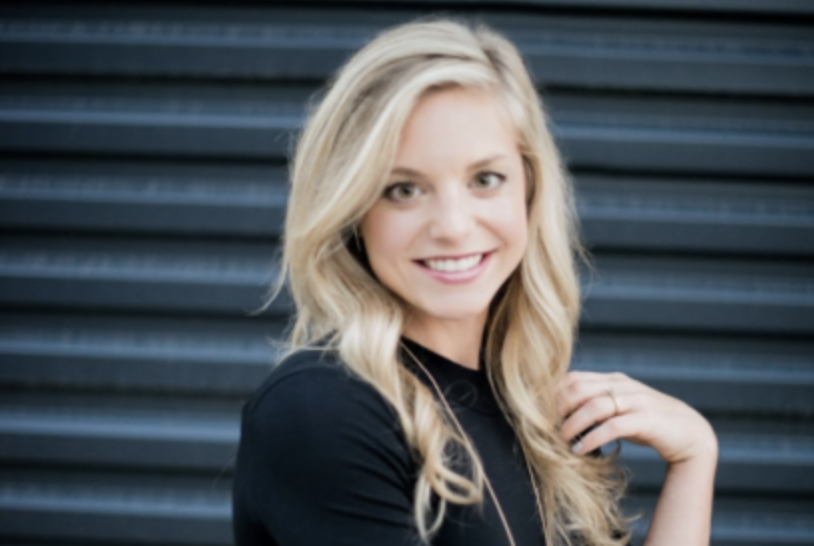
Each year new medical devices make their way on to the market that are designed to help extend lives, improve patient recovery, and otherwise support the work that medical professionals do each day. As one can imagine, the processes involved in getting these medical devices to market is not just lengthy, but also highly stringent, to ensure the devices function as claimed and are safe to use.
Essenvia is a Los Angeles Founder Institute portfolio company reducing risk in the medical device approval process and helping medi-tech entrepreneurs get their products to market faster. Led by Founder & CEO Soumya Mahapatra, Essenvia automates regulatory submissions. Mahapatra explains,
Research data indicates that regulatory submissions have grown in complexity and size with an average of 1185 pages per submission; a consistent 30% rejected at initial review, and 64% sent back for additional information.
What are the biggest issues for medical device rejections?
- Missing information
- Inadequate information
- Inconsistent information (Device or Trade name indications for use etc.)
For each time a rejection occurs, the manufacturer loses money, the project scope is extended, and more cash must be spent on getting the product to market. And, the riskier the product is, the likelier that rejections will occur.
The medical device (or medical technology industry) is a very significant one. It also happens to be a key export revenue driver. According to the International Trade Administration, the U.S. medical device market is around $156 billion, or 40% of the overall volume. By 2023, this number is set to reach more than $208 billion, and the exports as of 2018 already hit $43 billion. However, the processes involved in getting any these products to market include numerous stages of approvals, clinical testing, and a great deal of regulatory hurdles.
Where Essenvia comes in is the $40B that the industry spends annually on specialists, projected to reach $88 billion by 2024. Of these specialists, many of work in smaller organizations, and across long development cycles; reducing the risk of non-approval helps with both retention and acquiring new clients. Mahapatra explains,
Essenvia’s regulatory software streamlines the regulatory submission process by improving collaboration and automating some of the most time-consuming and error-prone tasks. Submissions processed on Essenvia reduce time and effort by 40% and eliminate 52% of errors. We are determined to reduce avoidable errors in regulatory submission, and help medical device companies accelerate time to market.
Essenvia does this by eliminating errors detected among redundancies, automating forms where possible, and offering an integrated ecosystem that makes it easy to share and collaborate across teams. Essenvia makes submissions FDA-ready through a centralized search system, and the ability to connect with specialists that share experience working with similar products. CEO Mahapatra states the startup’s vision with clarity:
Our mission is to reduce the cost and time to bring medical devices to market.
Graduates of the Founder Institute are creating some of the world's fastest growing startups, having raised over 2BN in funding, and building products people love across over 200 cities worldwide.
See the most recent news from our Grads at FI.co/news, or learn more about their stories at FI.co/journey.



